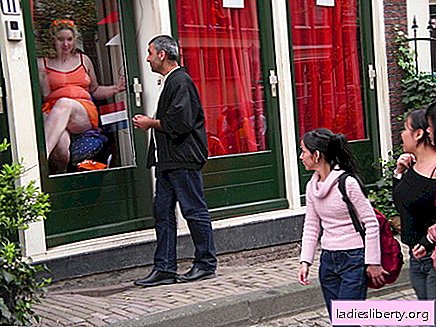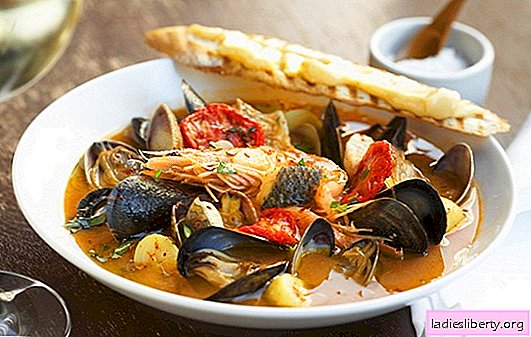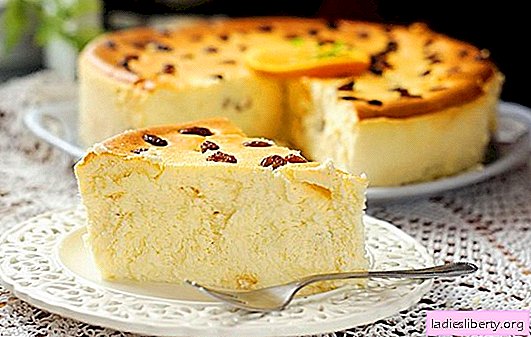
The spleen is an unpaired internal organ of a person, which is located in the left part of the abdominal cavity (behind the stomach).
Inflammation of the spleen is a rather complex condition that has its own characteristics. Consider in more detail the symptoms of inflammation of the spleen and methods of treating this ailment.
Causes of spleen inflammation
The spleen can become inflamed for the following reasons:
1. Due to surgery, a fall from a height or a blunt blow into the abdominal cavity.
2. Gunshot wounds.
3. Various severe diseases of the spleen can cause inflammation. Most often, hepatitis and salmonella become such diseases.
4. Severe diseases of the circulatory system.
5. The cyst of the spleen.
6. Atrophy of the spleen.
7. Ascites.
8. Leukopenia.
9. Enlarged lymph nodes.
10. Fever.
11. Jaundice.
12. Various heart diseases.
13. Inflammation of this organ is possible due to the development of tumors in the body.
In addition, inflammation of the spleen may occur due to the development of such diseases and conditions:
1. Split. Usually it is accompanied not only by inflammation of the spleen, but also by extensive inflammation of other organs of the abdominal cavity. It should be said that, as a rule, the spleen alone never inflames. This condition usually occurs in combination with a violation of the functions of other organs of the gastrointestinal tract.
2. An abscess is a disease in which pus accumulates in the internal organ or tissues. It usually develops for the following reasons:
• typhoid;
• malaria and other infectious diseases;
• blood clots entering the spleen after injuries that began to fester.
3. Spleen infarction. It can develop due to impaired circulation. In this case, small areas of this organ will gradually die out in humans.
4. Tuberculosis of the spleen is quite rare. In this case, small tubercles appear on the organ.
5. Congenital pathologies of the spleen with unbalanced nutrition can also be felt. In this case, displacement of the spleen and defects of its ligaments are usually observed.
Symptoms of spleen inflammation
Most often, an inflamed spleen manifests itself with such symptoms:
1. An enlarged spleen in size is the first sign of inflammation. In this case, the organ will compress adjacent organs, causing discomfort and pain in humans.
Sometimes an enlarged spleen can hurt in a completely different part of the body. For example, this condition is often confused with neuralgia, as the patient complains of pain in the shoulder blades or lower arm.
2. The appearance of a rash and itching on the skin.
3. Increased heart rate.
4. Shortness of breath.
5. Tension of the muscles of the abdominal cavity.
6. An increase in body temperature may be observed.
7. The presence of bruising and bruising.
8. Deterioration of blood coagulability.
9. General malaise and weakness.
10. Sleep disturbance.
11. Sweating.
12. The deterioration of appetite.
13. Nausea and vomiting.
14. Acute attacks of abdominal pain.
15. Pain during palpation of the abdomen. Due to this symptom, spleen inflammation is also often confused with appendicitis.
16. A feeling of heaviness on the left side of the abdomen.
It is important to know, that if the inflammation of the spleen is very acute, this organ may burst, causing heavy bleeding and a whole list of dangerous complications. For this reason, when the first unpleasant sensations in the abdomen occur, you should consult a doctor as soon as possible and conduct a diagnosis.
Inflammation of the spleen: diagnosis and treatment
Due to the fact that inflammation of the spleen is easily confused with other diseases, the patient needs to be thoroughly diagnosed. A traditional survey includes the following:
• general analysis of blood and urine;
• palpation of the abdomen of the patient;
• examination of a person;
• puncture (if necessary);
• abdominal ultrasound;
• radiography;
• CT.
When a diagnosis is made, treatment is prescribed. Moreover, if the inflammation was caused by diseases of other internal organs, then the patient is prescribed individual treatment (for each specific case, its own therapy is provided). The main thing here is to eliminate the focus of the disease, that is, the reason due to which the spleen has become inflamed.
Traditional drug therapy involves the following:
1. The appointment of painkillers.
2. The use of anti-inflammatory oral medications.
3. Prescribing drugs to improve the digestive tract.
4. The appointment of antipyretic drugs.
5. The use of drugs to improve blood circulation.
The patient during the treatment period must observe bed rest and abandon any physical activity.
An integral part of treatment for inflammation of the spleen is diet. It provides such:
1. Food should be consumed regularly, in small portions.
2. Do not allow the consumption of too cold or hot dishes.
3. You can not overeat.
4. Do not eat acidic, fried, smoked or fatty foods.
5. It is better to refuse the use of salt and sugar.
6. To relieve inflammation, it is advisable to drink a large amount of wild rose, chamomile and green tea in large quantities. You can also drink stewed berries and juices.
7. Every day, 1 glass you need to drink juice from cabbage, beets or other vegetables.
8. It is important during the treatment period to stop smoking and drinking alcohol.
9. It is necessary to completely eliminate the consumption of indigestible food.
10. The basis of the diet should be boiled vegetables, fruits, sea fish, beans, cereals, honey and greens.
11. You should abandon the use of fatty sauces.
Also, the patient can not worry and be nervous, because an unstable psycho-emotional state will prolong the course of treatment.
If drug therapy did not give the expected results, then the patient is prescribed surgical treatment, during which the spleen will be removed. Without it, the body will also function normally, only a person will have to follow a diet all his life.
Alternative treatment for inflammation of the spleen
In the treatment of spleen, herbs and general folk methods very well help, especially if the disease is not started and the patient feels satisfactory. This is explained by the fact that most medicinal herbs and plants have a pronounced anti-inflammatory therapeutic effect, which is required for inflammation of the spleen.
The best recipes for traditional medicine are:
1. Take alcohol tincture propolis in thirty drops over a spirit of weeks. The product itself must be dissolved in a glass of water and drunk an hour before meals.
2. Treatment with St. John's wort will help suppress infection, strengthen capillaries and relieve spasms.
To prepare a decoction you need:
• pour 20 g of hypericum 200 ml of boiling water;
• cover the dish with a lid and insist for half an hour;
• strain and add another half a glass of water;
• drink the finished product in a third of a glass three times a day for half an hour before eating.
3. Wormwood treatment. To do this, you need:
• pour 100 g of wormwood to 1 liter of water;
• boil and boil for another fifteen minutes;
• strain and take a tablespoon three times a day before meals for two weeks.
4. Sage treatment:
• mix in equal amounts sage and nettle;
• grind and take a small pinch of such powder three times a day.
5. The remedy for their herbs:
• mix calendula and yarrow in equal amounts;
• pour boiling water (per 20 g of herbs 0.5 l of water);
• insist for an hour and take half a glass twice a day.
Before using traditional medicine recipes, you should always consult a doctor.
Inflammation of the spleen: methods of prevention
To reduce the risk of developing inflammation of the spleen, you should adhere to such recommendations:
1. In time to treat those diseases that can cause inflammation of the village.
2. Maintain an optimal water balance in the body in order to purify the blood. To do this, you need to drink 2-3 liters of water per day.
3. All spleen filters work on copper, so you need to control the supply of this substance in the body. Most copper is found in apples, seafood, raspberries and cocoa.
4. Aromatherapy with the use of mandarin, sage and grapefruit affects the spleen very well.
5. If you feel unwell or have incomprehensible symptoms that may indicate inflammation of the spleen, you should consult a physician or gastroenterologist.











